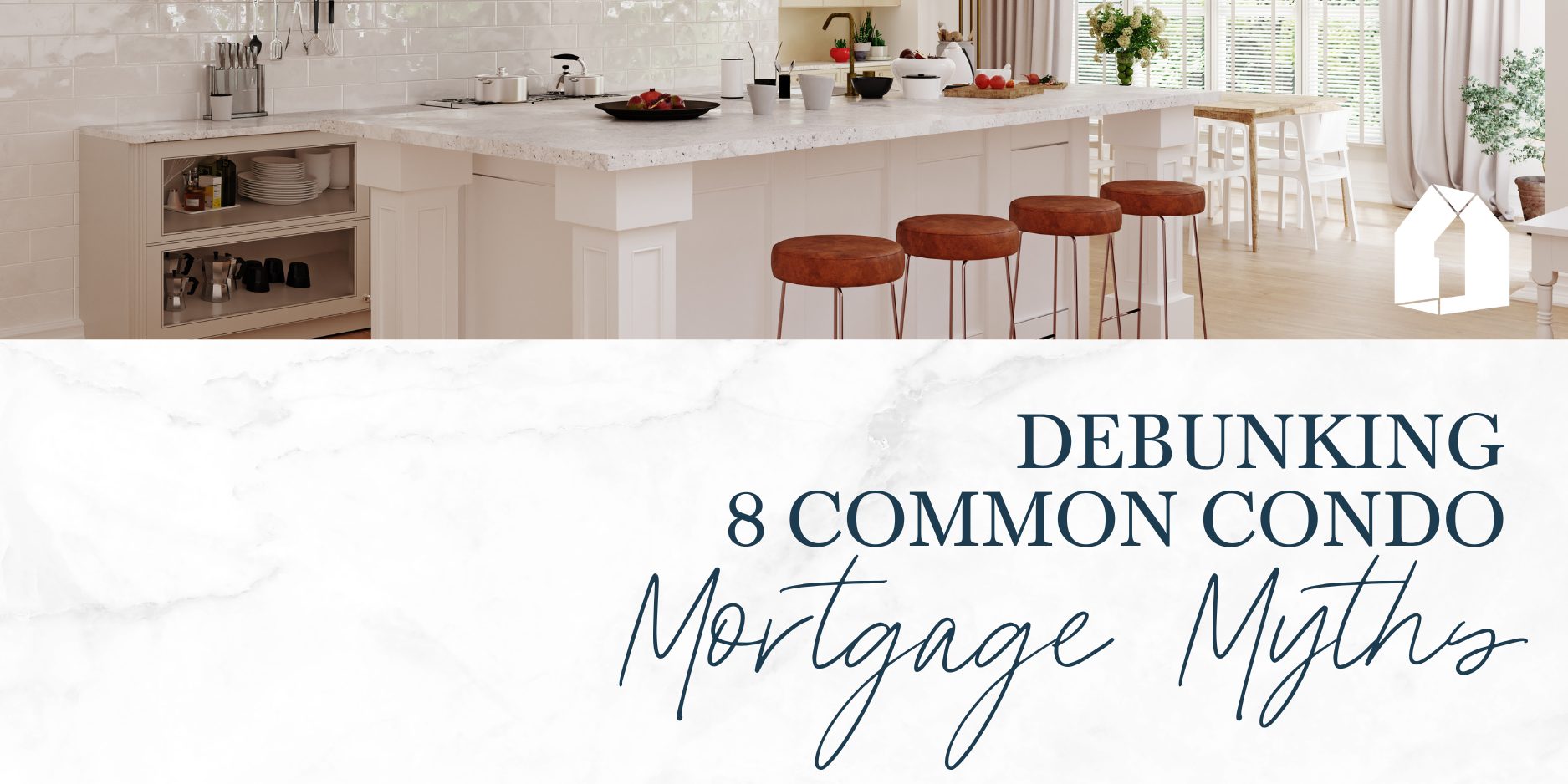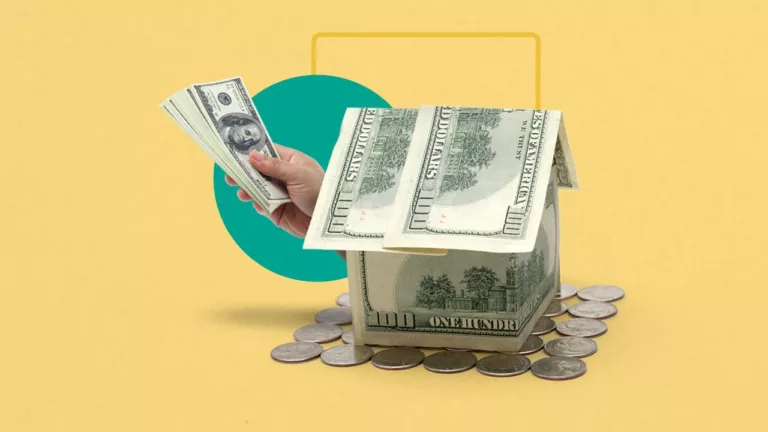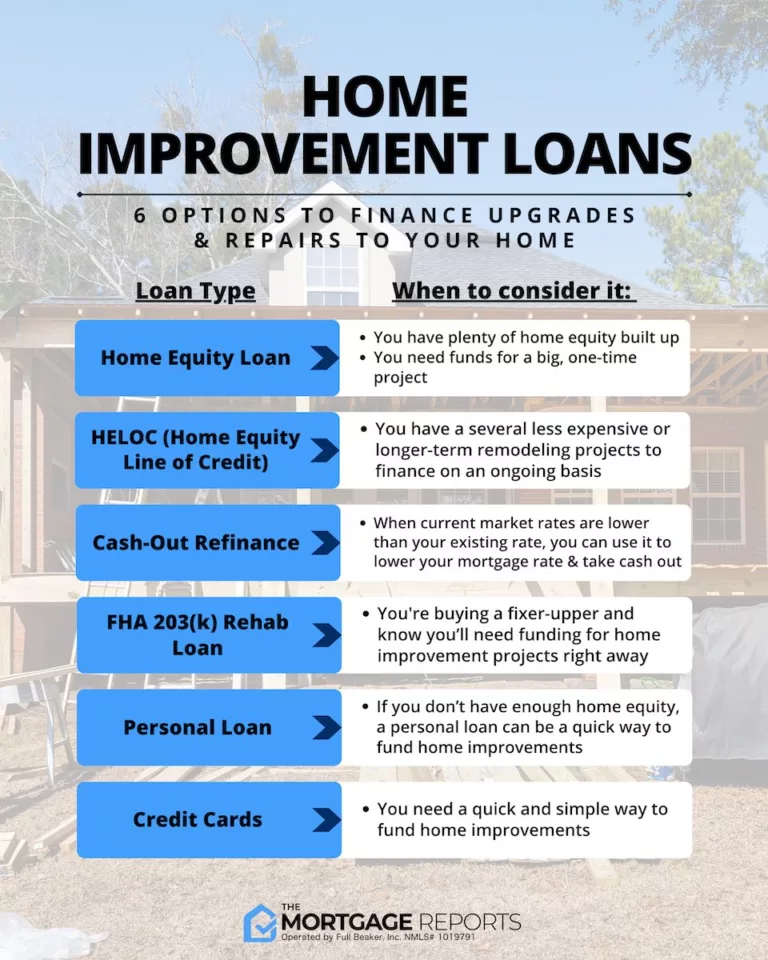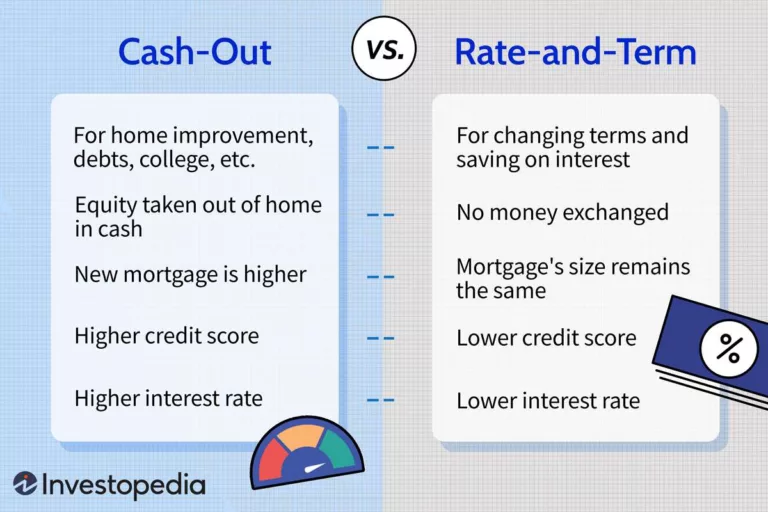Which of the Following Statements is Not True About Mortgages? Debunking Common Myths
Which of the following statements is not true about mortgages: Mortgages do not require any down payment. The truth is that some mortgage programs do not require a down payment, but it is not accurate to say that mortgages, in general, do not require any down payment.
A mortgage is a financial agreement between a lender and a borrower, usually involving the purchase of a property. It is a loan that is secured by the property itself, which means that if the borrower fails to make the payments, the lender has the right to foreclose and take ownership of the property.
Mortgages generally require a down payment, which is a percentage of the purchase price paid upfront by the borrower. The down payment serves as a show of good faith and reduces the lender’s risk, as it represents the borrower’s equity in the property. Many mortgage programs typically require a down payment ranging from 3% to 20% of the purchase price, depending on factors such as creditworthiness and loan type. However, there are some mortgage programs, such as VA loans for eligible military personnel, that may allow for no down payment.
Myth: Paying Rent Is Always Cheaper Than A Mortgage
One myth about mortgages is that paying rent is always cheaper. However, this statement is not true.
Mortgage Payments Can Be Less Than Monthly Rent
A common myth among renters is that paying rent is always cheaper than having a mortgage. However, this is not always the case. In fact, mortgage payments can often be less than the monthly rent you pay.
When you rent a property, you are essentially paying someone else’s mortgage through your monthly rent checks. Landlords factor in their mortgage payments, property taxes, insurance, and maintenance costs when setting the rental price. Therefore, it’s possible to find mortgages with monthly payments that are lower than the rent you would pay for a similar property.
It’s important to consider the long-term financial benefits of owning a home instead of renting. Although the upfront costs of the down payment and closing fees can be significant, your monthly mortgage payment can potentially be lower than your rental payment.
By investing in a mortgage, you have the opportunity to build equity in your property. Every mortgage payment you make goes towards paying down the principal balance of your loan, which means you are increasing your ownership stake in the property.
Advantages Of Building Equity Through Mortgage Payments
Building equity through mortgage payments offers several advantages:
- You are essentially saving money by paying down your loan principal and building value in your home. This is different from paying rent, where you do not gain any ownership in the property.
- As your property value increases over time, your equity grows. This can provide you with financial flexibility in the future, such as the ability to borrow against your home’s equity or sell the property for a profit.
- Mortgage interest payments may be tax-deductible, providing potential tax benefits.
- Owning a home can offer stability and a sense of belonging to a community.
Overall, it’s important to consider the long-term financial implications of renting versus owning a home. While it may seem cheaper to pay rent in the short term, building equity through mortgage payments can provide significant financial benefits in the future. Remember to evaluate your personal financial situation and consult a mortgage professional before making a decision.

Credit: www.linkedin.com
Myth: All Mortgages Require A 20% Down Payment
There are many myths and misconceptions surrounding mortgages, and one of the most common is the belief that all mortgages require a 20% down payment. However, this is not true. In fact, there are different mortgage options available that have lower down payment requirements, allowing homebuyers to purchase a property with less money upfront. Let’s delve into the details to debunk this myth and explore the various mortgage options and considerations when it comes to down payments.
Different Mortgage Options With Lower Down Payment Requirements
Contrary to popular belief, not all mortgages require a hefty 20% down payment. Lenders and financial institutions understand that many individuals and families may not have such a large amount of money readily available. That’s why they offer alternative mortgage options with lower down payment requirements to make homeownership more accessible. Here are some of the common alternatives:
- Federal Housing Administration (FHA) Loans: These loans are insured by the federal government and often require a down payment as low as 3.5% of the purchase price. This makes FHA loans an attractive option for first-time homebuyers or those with a limited budget.
- Conventional Loans with Private Mortgage Insurance (PMI): With a conventional loan, borrowers who cannot afford a 20% down payment can still secure a mortgage by paying for private mortgage insurance. PMI protects the lender in case the borrower defaults on the loan and typically allows for down payments as low as 3%.
- USDA Loans: These loans are designed for low-income borrowers in rural areas and offer the opportunity to purchase a home with zero down payment. The United States Department of Agriculture (USDA) guarantees these loans to promote homeownership in rural communities.
- Veterans Administration (VA) Loans: VA loans are exclusively available to eligible military service members, veterans, and their spouses. These loans don’t require a down payment, making them an excellent choice for those who have served in the military.
Benefits And Considerations Of A Larger Down Payment
While lower down payment options are available, there are still benefits to making a larger down payment if you have the means to do so. Here are a few advantages to consider:
- Lower interest rates: Putting more money down can result in a lower interest rate on your mortgage, ultimately saving you money over the life of the loan.
- Lower monthly payments: A larger down payment reduces the principal amount of the loan, resulting in lower monthly mortgage payments.
- Equity and home equity loans: The more money you put down, the more equity you will have in your home. This can provide opportunities for future borrowing or home equity loans if needed.
- No need for private mortgage insurance: When your down payment is 20% or more, you generally don’t need to pay for private mortgage insurance (PMI), which can save you money each month.
While a larger down payment has its benefits, it’s important to consider your unique financial situation and budgetary constraints. It’s essential to find a balance that works for you.
Myth: It Is Impossible To Get A Mortgage With Bad Credit
If you’ve been led to believe that it is impossible to get a mortgage with bad credit, you’ve been caught up in a myth. While having a low credit score can make the mortgage approval process more challenging, it certainly does not mean you are completely ineligible. Understanding the alternative mortgage options available and taking steps to improve your credit score can increase your chances of obtaining a mortgage, even with bad credit. Let’s explore further:
Alternative Mortgage Options For Individuals With Bad Credit
Even if you have bad credit, you still have various alternative mortgage options at your disposal:
- Federal Housing Administration (FHA) loans: These loans cater to borrowers with lower credit scores by offering more flexible eligibility requirements.
- Private lenders: Some private lenders specialize in working with individuals with bad credit. These lenders may be more willing to lend to borrowers with lower credit scores, but it’s important to carefully review the terms and interest rates.
- Co-signers: Having a co-signer with a strong credit history can significantly improve your chances of obtaining a mortgage. The co-signer assumes responsibility for the loan if you default, providing reassurance for the lender.
Steps To Improve Credit Score And Increase Mortgage Eligibility
Working on improving your credit score can greatly enhance your chances of qualifying for a mortgage with favorable terms:
- Check your credit report: Start by obtaining a copy of your credit report and carefully reviewing it for any errors or discrepancies that could be negatively impacting your score.
- Pay off existing debts: Reducing your overall debt and making consistent, on-time payments can help improve your credit rating over time.
- Establish positive credit habits: Demonstrating responsible credit behavior, such as using credit cards sparingly and paying bills on time, can gradually rebuild your credit score.
- Keep credit utilization low: Aim to keep your credit utilization ratio below 30%, which means using only a portion of your available credit.
- Seek professional advice: Consider working with a credit counselor who can provide guidance on improving your credit score and increasing your mortgage eligibility.
Remember, while bad credit may present challenges, it does not mean that homeownership is out of reach. Explore the alternative mortgage options available and take steps to improve your credit score to increase your chances of obtaining a mortgage that suits your needs.

Credit: m.facebook.com
Myth: Adjustable-rate Mortgages Are Always Risky
Adjustable-rate mortgages (ARMs) have earned a bit of a reputation as being risky, but is this really true? The answer is no, it’s not necessarily true. While it’s important to understand the pros and cons of different types of mortgages, it’s also essential to debunk this myth about adjustable-rate mortgages. Let’s dive into the truth behind it and explore why ARMs might be a suitable option for some borrowers.
Pros And Cons Of Fixed-rate Mortgages
Fixed-rate mortgages are popular because they offer stability and peace of mind. Here are some of the advantages and disadvantages:
Advantages of fixed-rate mortgages:
- Predictable payments
- Protection against rising interest rates
- Peace of mind
Disadvantages of fixed-rate mortgages:
- Higher initial interest rates
- No immediate benefits from falling interest rates
- Potential for missed opportunities if rates decrease significantly
Understanding Adjustable-rate Mortgages And Their Suitability
Adjustable-rate mortgages (ARMs) operate differently from fixed-rate mortgages. With ARMs, the interest rate is typically fixed for an initial period, but then it adjusts periodically based on market conditions. Here’s what you need to know:
Advantages of adjustable-rate mortgages:
- Lower initial interest rates
- Potential savings if interest rates decrease
- Flexibility in terms of prepayment and refinancing
Disadvantages of adjustable-rate mortgages:
- Risk of higher payments if interest rates rise
- Uncertainty regarding future payments
- Not suitable for long-term homeownership plans
It’s important to note that adjustable-rate mortgages are not inherently risky. They can actually be a suitable option for certain homeowners, depending on their financial situation and plans for the future. For example, if you plan to sell your home or refinance within a few years, an ARM might be a better choice.
As with any financial decision, it’s crucial to carefully consider your options, assess your risk tolerance, and consult with a mortgage professional. By doing so, you can determine whether an adjustable-rate mortgage aligns with your goals and financial circumstances, debunking the myth that they are always risky.
Myth: Refinancing A Mortgage Is Always A Good Financial Move
A common misconception about mortgages is that refinancing is always a beneficial financial decision. However, this myth needs to be debunked as refinancing comes with its own set of considerations, benefits, and potential drawbacks. It is important to understand the factors to consider before refinancing a mortgage and the potential benefits and drawbacks it may entail.
Factors To Consider Before Refinancing A Mortgage
Before jumping into refinancing a mortgage, it’s crucial to evaluate certain factors that can have a significant impact on your financial situation. These factors include:
- Interest rates: Analyze the current interest rates and compare them with the rate on your existing mortgage. Refinancing may not be advantageous if the rates are only marginally lower.
- Loan term: Consider the remaining term of your mortgage. Refinancing could extend the loan term, resulting in longer repayment and potentially more interest paid over time.
- Closing costs: Determine the closing costs associated with refinancing. These costs can include application fees, appraisal fees, and other miscellaneous charges. A cost-benefit analysis is necessary to ensure that the potential savings outweigh the expenses.
- Equity: Assess the amount of equity you have built up in your home. Refinancing might not be beneficial if you have minimal equity or owe more on your mortgage than your home is worth.
Potential Benefits And Drawbacks Of Refinancing
While refinancing can offer advantages, it’s essential to also be aware of potential drawbacks. Below are the potential benefits and drawbacks:
| Potential Benefits | Potential Drawbacks |
|---|---|
| Lower interest rates leading to reduced monthly payments | Closing costs and fees associated with refinancing |
| Opportunity to change from an adjustable-rate mortgage (ARM) to a fixed-rate mortgage for stability | Possible extended loan term and increased overall interest paid |
| Cash-out refinancing can provide funds for various purposes | Fluctuating real estate market can impact home value |
It’s crucial to carefully weigh the potential benefits against the drawbacks to determine if refinancing is the right financial move for you. It may be beneficial to consult with a mortgage professional or financial advisor to fully understand the implications and make an informed decision.

Credit: firsthome.com
Frequently Asked Questions Of Which Of The Following Statements Is Not True About Mortgages
What Is Not True About Mortgages?
A common misconception about mortgages is that they are only for buying a home. However, mortgages can also be used for refinancing, home equity loans, and reverse mortgages.
Do Mortgages Always Have A Fixed Nominal Rate?
Most mortgages have a fixed nominal rate, but there are also adjustable-rate mortgages available. These mortgages have interest rates that can change over time.
Are Mortgages Amortized Loans?
Yes, mortgages are amortized loans.
Which Of The Following Are The Characteristics Of A Mortgage Loan?
A mortgage loan has several characteristics, including fixed or adjustable interest rates, collateral in the form of the property being purchased, and a specific term for repayment. Additionally, mortgage loans may require a down payment and are typically used to finance real estate purchases.
Conclusion
To sum up, understanding the truth about mortgages is crucial for anyone interested in homeownership or real estate. By debunking false statements and gaining accurate knowledge, individuals can make informed decisions about their financial future. Remember, mortgages are not one-size-fits-all and may vary depending on personal circumstances.
Being aware of these differences and staying informed about the mortgage process is key to making the best choices.




